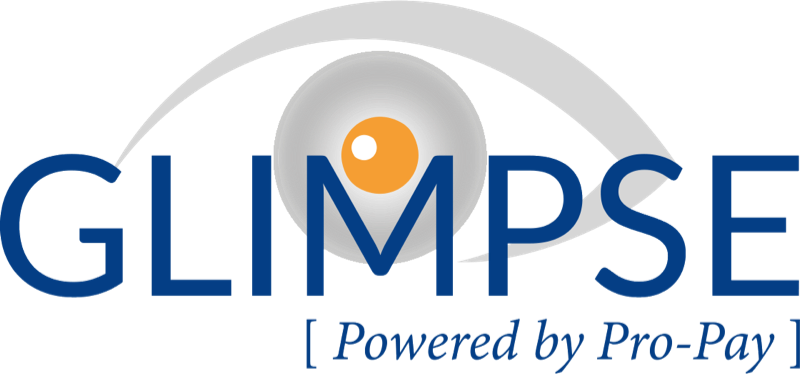Private Investigation Act: impact on your business

On 6 December 2024, the Private Investigation Act was published in the Belgian Official Gazette. This act replaces the Detective Act of 19 July 1991, which was outdated. In this newsletter, we discuss the Private Investigation Act and why it has a greater impact on HR personnel than the Detective Act. In response to this act, we recommend that you (re)examine specific aspects regarding information gathering and monitoring of applicants and employees. In this newsletter, we give you specific points of attention to consider.
What is a “private investigation activity”?
Private investigation activities are activities that:
(1) Are performed by a natural person;
(2)Are at the request of a principal;
(3) Consist of collecting intelligence obtained from processing information on natural or legal persons or about the circumstances of the acts they have committed; and
(4) Aim to provide the collected intelligence to the principal in order to safeguard their interests in the context of an actual or potential conflict or to trace missing persons or lost or stolen goods.
In HR, this refers, for example, to an investigation into an act committed by an employee based on which the employer decides to impose a disciplinary sanction or terminate the employment contract.
The Private Investigation Act excludes certain activities from its scope, with two particularly relevant to HR:
1. Activities carried out on behalf of the client to fulfill legal obligations or assignments, which do not have private investigation as their own objective, for example, prevention advisors conducting an investigation following an (in)formal request for psychosocial intervention.
2. HR employees who search for information about an applicant on the internet, with previous employers or with the reference persons provided by the applicant (see below).
Does an HR department fall within the scope of the act?
When an HR department structurally performs private investigation activities for its own employer or identifies itself as such, it qualifies as an “internal private investigation service” and falls within the scope of the law. Structural means that the activity is part of the duties of at least one employee.
However, there is debate as to whether HR departments that only occasionally perform private investigation activities also fall within the scope of the law.
Until this debate is clarified, we recommend applying the rules of the Private Investigation Act as good practice for precautionary purposes. In light of this new act, we also advise reviewing whether other aspects of your HR policy, regarding the gathering and investigation of information about applicants and employees, are in compliance with the applicable regulations. Below is a brief overview of the most relevant rules in the WPO and other relevant regulations.
Gathering and investigating information about applicants
1. What information can be requested during a job application?
In view of the applicant's right to privacy, only the information necessary for the selection of the applicant may be requested during an application process. Requesting sensitive data, such as the applicant's judicial record and health information, is in principle prohibited, unless a legal exception applies.
2. Searching information on the internet, with the former employer or with reference persons
Even though such investigation is excluded from the scope of the Private Investigation Act, there are several points to consider under privacy legislation.
In the case of a reference check, the principle remains that it must be necessary for the selection process. Employers may not systematically verify information provided by applicants with third parties and must first seek clarification from the applicant themselves. Additionally, the applicant's consent is required for this, including with regard to the purpose of collecting the data and the individuals being consulted. The applicant must also always be informed when information is being requested.
Verifying, gathering and investigating information about employees.
1. Internal regulation regarding private investigation.
Employees must be aware that private investigation activities may be carried out. The Private Investigation Act therefore provides that the authorization and modalities of private investigations must be included in a regulations (for example, in a collective bargaining agreement, annex to the working regulations or a decision of the works council). We recommend including the regulations in a policy as this offers more flexibility.
The act provides for a period of 2 years to draft this regulation, meaning this regulation will have to be drafted by 16 December 2026. During the transition period, private investigation activities can be carried out without a regulation in place, although the other provisions of the Private Investigation Act must still be complied with. If the regulation is not established by December 16, 2026, and a private investigation is conducted after this date, all findings from this investigation will be considered null and void.
2. Interviews
The rules regarding interviews in the Private Investigation Act do not lead to the nullity of findings, if they are not followed, but we still recommend following them as a good practice when interviewing employees. According to the Private Investigation Act, an interview may only take place with the prior consent of and specific information provided to the employee concerned.
After the questioning, a written report must be drawn up. If the interview is recorded, explicit consent is required from the employee, and the employee is also entitled to a free copy of the recording.
3. Monitoring of employees
Employers can monitor their employees in various ways, such as monitoring of professional e-mail and internet usage, recording professional phone calls, workplace surveillance through cameras, or tracking company vehicles through geolocation. When creating a policy regarding these forms of employee monitoring, the following three principles must always be taken into account:
- Finality: control and monitoring must always have a legitimate purpose based on regulations and the DPA.
- Proportionality: Monitoring must not go beyond what is strictly necessary and must respect the employee's privacy to the maximum extent possible.
- Transparency: Employees must be clearly informed about all aspects of the monitoring. In principle, this can be done through a policy, the working regulations or the employment contract.
Some forms of control also require additional consultation, prior information or even the consent of employees.
! Action point :
- Be careful what information you request during job applications. Inform the applicant and obtain their consent if necessary, if you intend to conduct a reference search or check the applicant's social media.
- Establish a regulation for employees that clearly states that private investigation activities can be conducted and what the modalities are.
- As a good practice, keep in mind the rules in the Private Investigation act regarding interviews.
- If you monitor employees through camera surveillance, email monitoring, etc., check whether the obligations for consultation and information have been met, and whether employee consent is required.
If you have any questions on this topic, please do not hesitate to contact us at legal@pro-pay.be.















